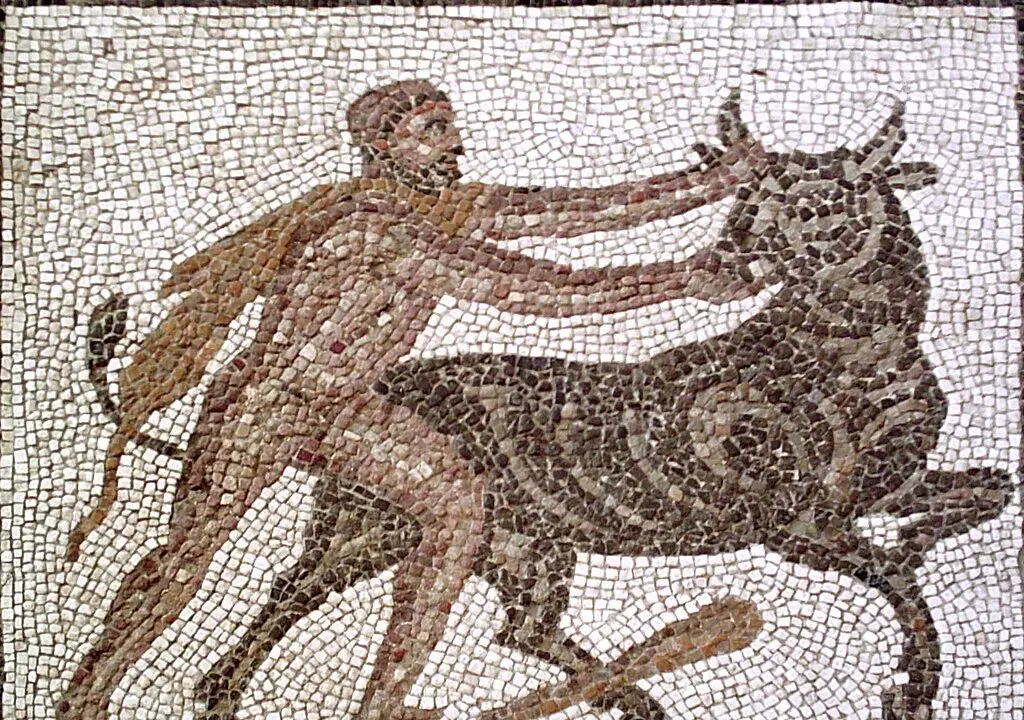We are fresh from Christmas, and if we have been listening to the regular type of services in Christian churches, we will be familiar with that passage from Isaiah, Chapter 7, which speaks of a child being born whose name will be Immanuel. This is one of the most famous prophecies in the Old Testament and is regularly read, alongside a New Testament passage depicting the nativity, as proof that Jesus is the Christ—Christ meaning, of course, the long awaited Jewish Messiah. But more than that, the word “Immanuel” in its etymology means “God-with-us,” and so is also indicative of the whole idea of the incarnation: that God himself became a human being and lived among us.
Less well known, however, and if considered at all, is the rather remarkable context of the prophecy itself. Why was the prophecy made, and to whom? And what has that to say to us today? The story is, I think, quite astonishing.






